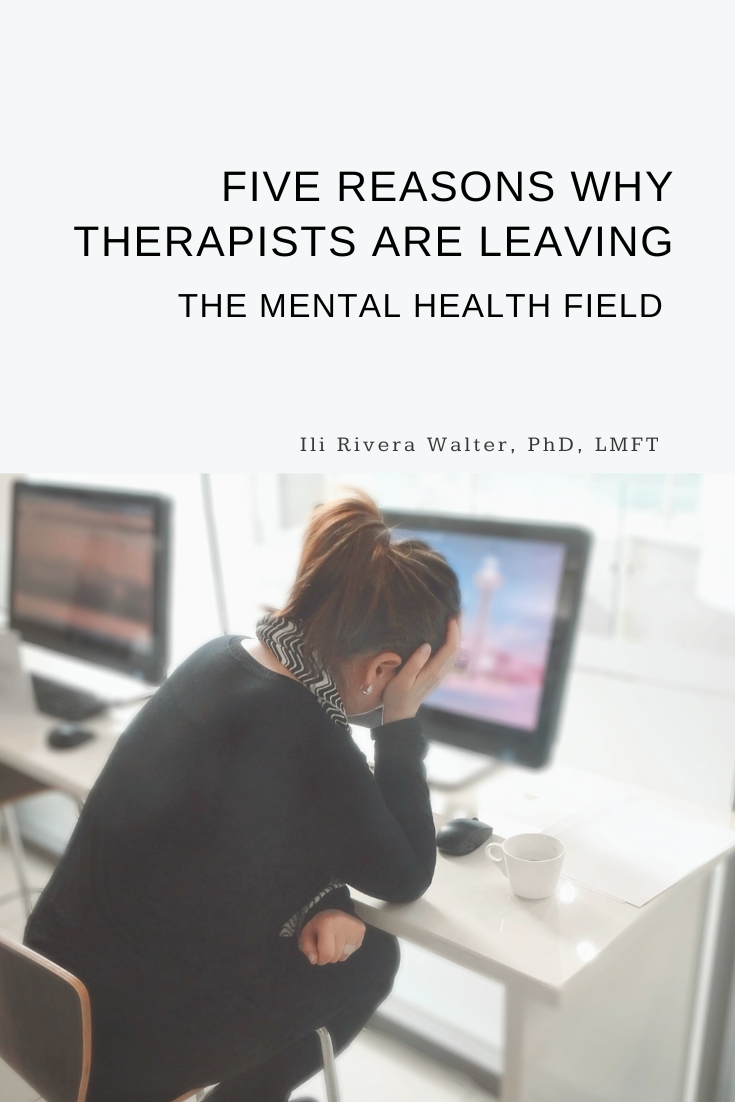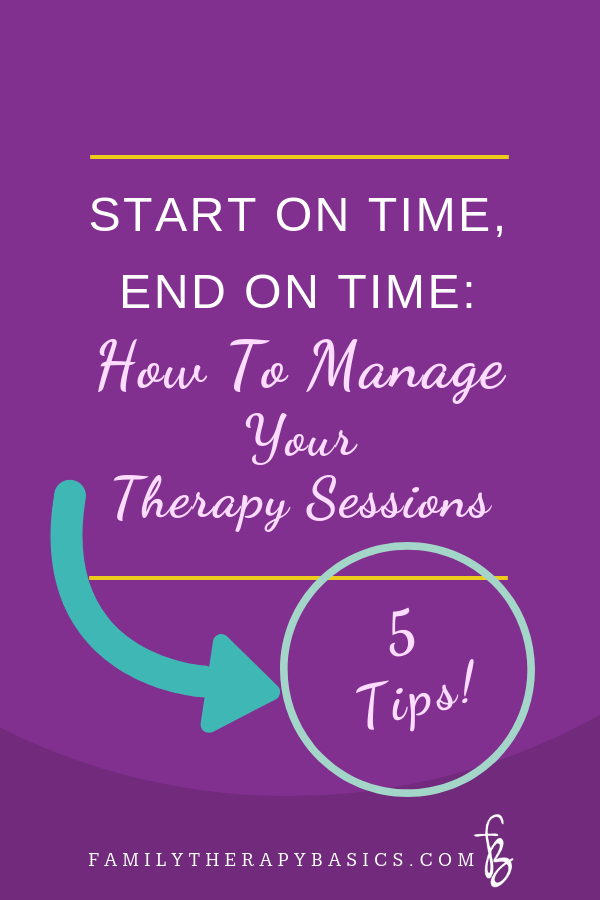This is the second post in the Family of Origin Exploration for the Therapist series. Read the first post here.
Although I am writing this series for therapists, the truth is, when it comes to facing our families, just as when it comes to our personal change, we are only human--we are the same as our clients. This is one of the benefits of our own family of origin (FOO) exploration: We can confidently ask clients to examine their histories, because we have, and we know what it takes.
“It is not fair to ask of others what you are not willing to do yourself.” --Eleanor Roosevelt
In my experience over the years discussing family of origin dialogue with clients and therapists, I’ve heard many reasons why FOO exploration isn’t necessary. Some of these reasons are personal (“I don't want to hurt my parents;” “My family doesn’t talk about these things;” etc.), and some are clinical (“The past is in the past;” “Insight isn’t required for change;” etc.). No matter the reason, I find most reasons have one thing in common: The fear of rejection.
In today’s post, I list the most common reasons for avoiding FOO dialogue, and I explain how to overcome these fears.
1| Fear of Offense
We carry deep love for our family members. Even if we also carry anger and resentment, the likelihood is that these developed from a need to be validated by our loved ones. Because of this deep love, we fear offending our parents with our stories, perspectives, and dissenting views.
2| Fear of Disrespect
This fear is similar to the fear of offense, but it is based on our family of origin rules (spoken or unspoken) for parent and child roles (Minuchin, 1974). When continue to obey these rules into adulthood, the fear of disrespecting our parents is very real and can keep us from “growing up." Is sharing our truth inherently disrespectful? No. However, the way in which we share it can be disrespectful. That’s why exploring our family history is a process that includes preparation for dialogue.
3| Fear of Conflict
Our ability to handle other people’s genuine emotions is at the heart of our ability to have brave conversations. Depending on our family’s beliefs about questioning, confronting, and disagreeing, facing our parents can elicit emotions ranging from mild discomfort to extreme anxiety. If our families avoid conflict, or react to disagreement harshly, then pushing through those fears can be difficult, but it is possible.
4| Fear of Crossing Boundaries
Fears 1-3 are also based on the strong boundaries and expectations that exist in our families and are often unspoken (Minuchin, 1974). Most of us are very aware (although, it may be an automatic knowledge) of our FOO's boundary expectations, and we either choose to cross or maintain them. Of course, when crossing these boundaries, we understand that consequences are possible. And, really, it is the possible consequences that we fear the most.
5| Fear of Isolation
One of these possible consequences is isolation. In facing our parents, we take a step toward possible disrespect, offense, conflict--all the possible reactions. The ultimate fear for most of us is that our parents will deny our truth, or even cut us off for speaking it. This is obvious isolation. But, there is also a more silent isolation--that of seeming acceptance, or silent listening without validation, accompanied by the expectation that everyone move on as if the conversation never happened.
Real Fears
The truth is, these fears are based on some level of reality; they are based on our experience as children in our families. Every possible consequence is also a real possibility.
It is also true that our parents may have changed from when we were 15, 25, or over the last 6 months. Perhaps they are capable of much more than we think. Perhaps their love for us means that we can take the risk.
We will never know until we try.
Overcoming Our Fears
Okay. So, I’ve listed common fears. Hopefully I haven’t scared you off. It’s essential to face the fears head-on in order to move through them.
Let's also put these fears in perspective: They only matter if our main motive for facing our parents is our personal gain.
What if there are more important motives, such as learning, courage, skills, growth, or acceptance? Are they worth the risk? Yes. For me, they are.
Learning
In facing our parents, we learn about them, and we learn about ourselves. No matter the consequence, we walk away with new information that can inform our interactions for the future.
Courage
The act of inviting our parents to dialogue, as well as exploring our histories, takes courage. Examining the lovely and the painful in our stories takes courage. That courage stays with us.
Skills
Through facing our stories as well as our loved ones, we develop skills, such as managing anxiety, showing restraint, voicing our truth, being vulnerable, hearing others’ perspectives, etc. These skills, like courage, stay with us, and transfer to all other relationships and interactions (Bowen, 1985).
Growth
Obviously, we cannot go through this process without growing as an individual as a result of learning more about ourselves and our loved ones.
Acceptance
If we can see our parents as people within their life story, then we can accept who they are today, and who they were and weren’t for us. We can understand their limitations and their strengths. Then, we can love them and be with them as they are. We can do this for ourselves, too.
What do these motives have to do with fear?
Well, my main answer is that as long as our fears remain untested, we won't overcome them. Our fears will only change, evolve, or dissipate based on our actions, and our choice to trust our loved ones enough to "face" them. However, our fears can and do influence our interactions, so that we do new things, and interact in new ways, at an appropriate pace for us and for our families.
Up Next:
In the next post in this series, I will explain how to begin family of origin exploration.
Read the first post in the series: Family of Origin Exploration for the Therapist: Why It Matters, and Its Benefits
Let's chat
What is your #1 fear in facing your parents?
Have you gone through this process? What was your experience? What did you learn?
Download genogram templates, as well as a list of ideas for beginning family of origin exploration, in the Free Resource Library:
References
Bowen, M. (1985). Family therapy in clinical practice. Lanham, MD: Rowman & Littlefield Publishers, Inc.
Minuchin, S. (1974). Families and family therapy. Cambridge, MA: Harvard University Press.













